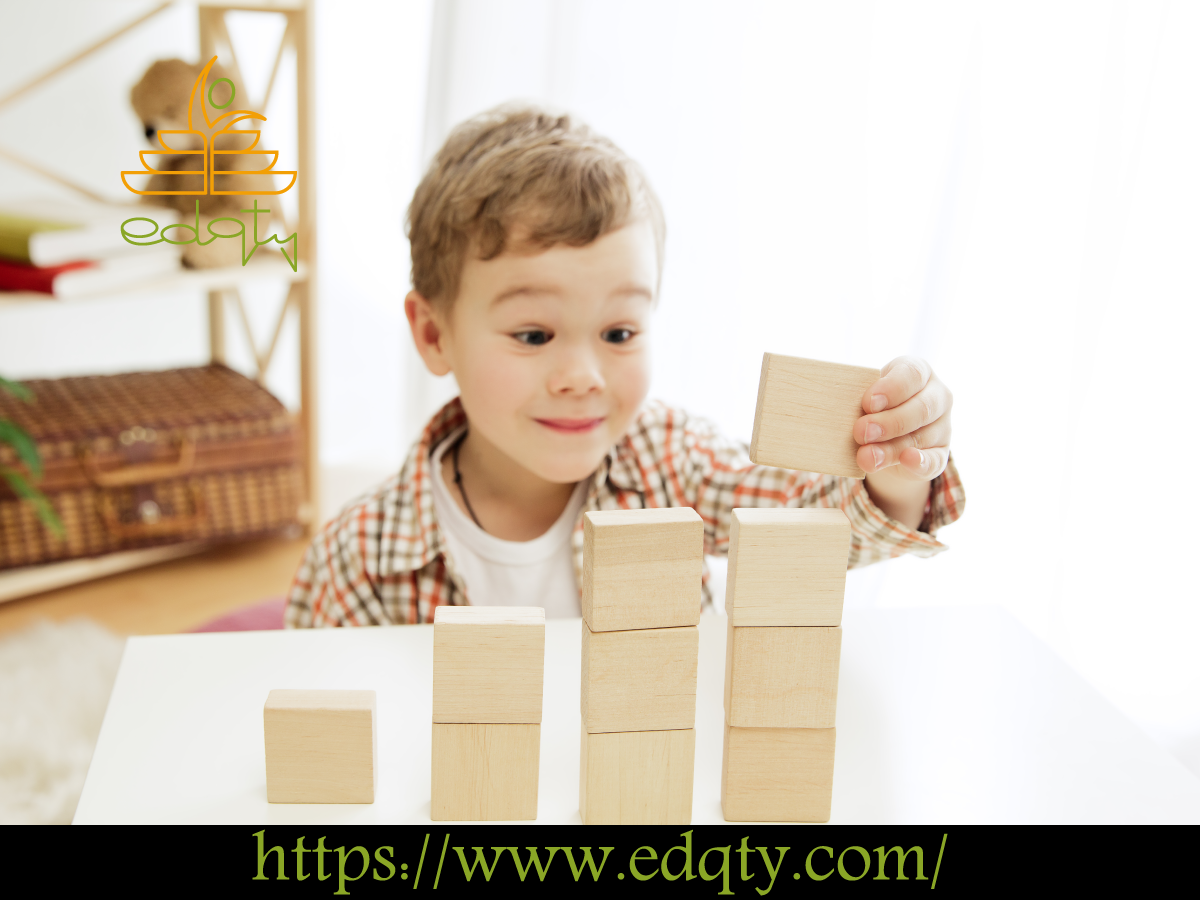Cognitive Abilities in Child Development: Parent Guide

While we often focus on our children’s emotional and social skills, their cognitive abilities—the essential “thinking” skills they use to understand the world—are just as crucial for their long-term success and well-being. Nurturing these skills helps children analyze ideas, solve problems, and engage confidently with new challenges.
This guide explores the core cognitive skills your child needs and provides simple, fun activities to help strengthen them every day.
Why Are Thinking Skills So Important? 🧠
Strong cognitive abilities provide the foundation for almost every aspect of your child’s life. They are essential for:
- Lifelong Learning: Early cognitive skills, like recognizing sounds and patterns, are directly linked to better reading ability and academic confidence later on.
- School Readiness: Skills like focus, memory, and reasoning are vital for succeeding in a classroom environment.
- Future Success: The ability to think critically and solve problems impacts future career opportunities and financial well-being.
- Adaptability: In a rapidly changing world, children need the mental flexibility to learn new things and adapt to different situations.
5 Core Cognitive Abilities Every Child Needs
Cognitive development covers a wide range of mental processes. Here are five of the most important skills to nurture in your child.
1. Critical Thinking
This is the ability to analyze information and make informed judgments. When a child asks “Why?” or “How?”, they are practicing critical thinking. It helps them look beyond the surface and understand the world more deeply.
2. Logical Reasoning
Logical reasoning allows children to use observations to draw conclusions. It’s how they learn to identify patterns, predict outcomes, and solve problems step-by-step.
3. Reading Comprehension
More than just decoding words, comprehension is about understanding the meaning behind them. This skill is fundamental for all academic subjects and for building knowledge.
4. Quantitative Skills (Math Reasoning)
This is the ability to use numbers to solve everyday problems. From counting allowance money to measuring ingredients for a recipe, quantitative skills build a foundation for mathematical confidence.
5. Problem-Solving
Problem-solving involves identifying a challenge, brainstorming solutions, and trying different approaches until one works. It builds resilience, creativity, and independence.
7 Fun Activities to Boost Your Child’s Brainpower
You don’t need special tools or programs to build your child’s cognitive skills. These simple, everyday activities are powerful brain-boosters.
1. Play with Puzzles 🧩
Jigsaw puzzles, shape sorters, and building blocks are fantastic for developing spatial reasoning and problem-solving. They challenge children to recognize patterns and think strategically.
2. Read Together Every Day 📚
Reading aloud is one of the best ways to build language skills, vocabulary, and imagination. Pause to ask questions about the story or characters to encourage critical thinking.
3. Explore Nature 🌳
Spending time outdoors stimulates a child’s senses and encourages observation. Challenge them to find different types of leaves, listen for bird calls, or describe the clouds.
4. Ask Open-Ended Questions
Instead of questions with a simple “yes” or “no” answer, ask questions that start with “Why do you think…?” or “What would happen if…?”. This cultivates curiosity and reflection.
5. Sort Household Items
Turn chores into a learning game. Ask your child to sort laundry by color, toys by size, or silverware into the correct drawer. This simple activity enhances classification skills and attention to detail.
6. Practice the Alphabet and Numbers
Incorporate letters and numbers into your daily routine. Sing the alphabet song, count the steps as you walk, or point out letters on signs. This reinforces symbol recognition, which is a cornerstone of literacy and numeracy.
7. Follow Their Interests
Incorporate your child’s passions into learning. If they love dinosaurs, read dinosaur books and visit a museum. If they’re into space, build a rocket ship out of cardboard boxes. When learning is fun, it’s far more effective.
The Power of a Growth Mindset 🌱
Beyond specific activities, one of the most important things you can teach your child is a growth mindset—the belief that abilities can be developed through practice and effort. Praise their hard work rather than just the result, and model how to learn from mistakes. A child who isn’t afraid to fail is a child who will never stop learning.
Disclaimer:
The information and activities provided in this guide are for general informational and educational purposes only. This content is not a substitute for professional medical, psychological, or developmental advice, diagnosis, or treatment.
Every child is unique and develops at their own pace. If you have any concerns about your child’s cognitive development, learning, or overall well-being, please consult a qualified healthcare professional, such as a pediatrician, child psychologist, or developmental specialist.
Never disregard professional medical advice or delay in seeking it because of something you have read in this article. Reliance on any information provided here is solely at your own risk.


